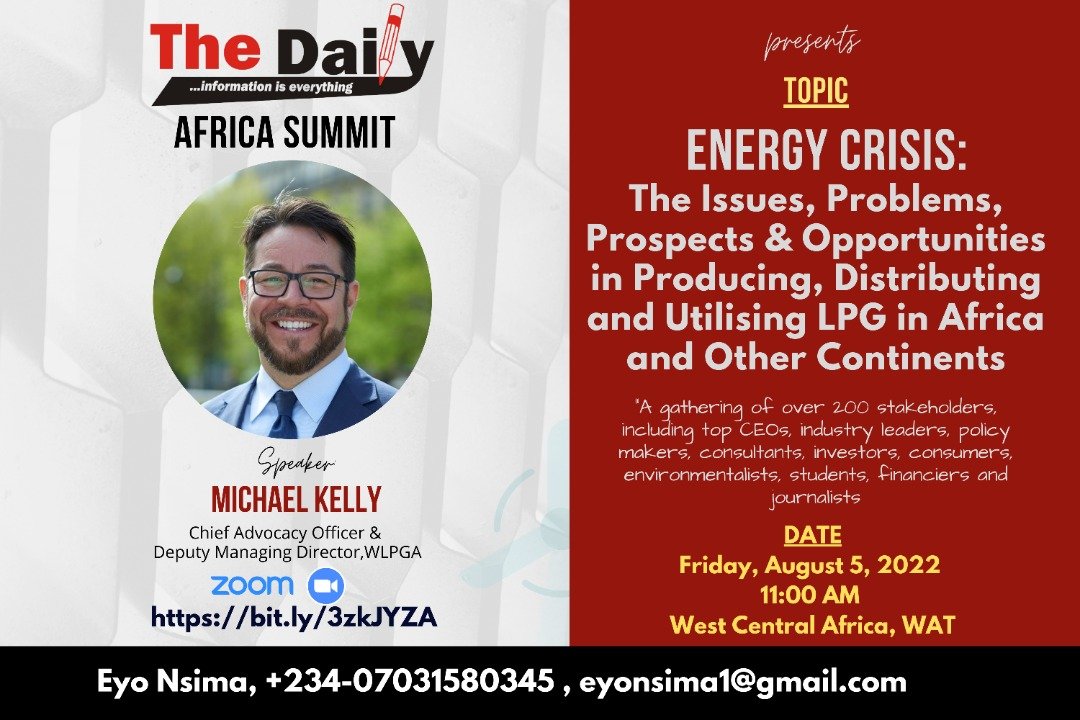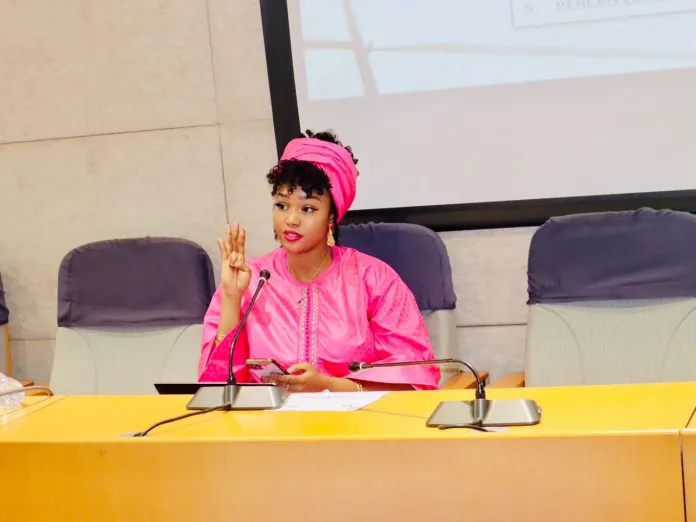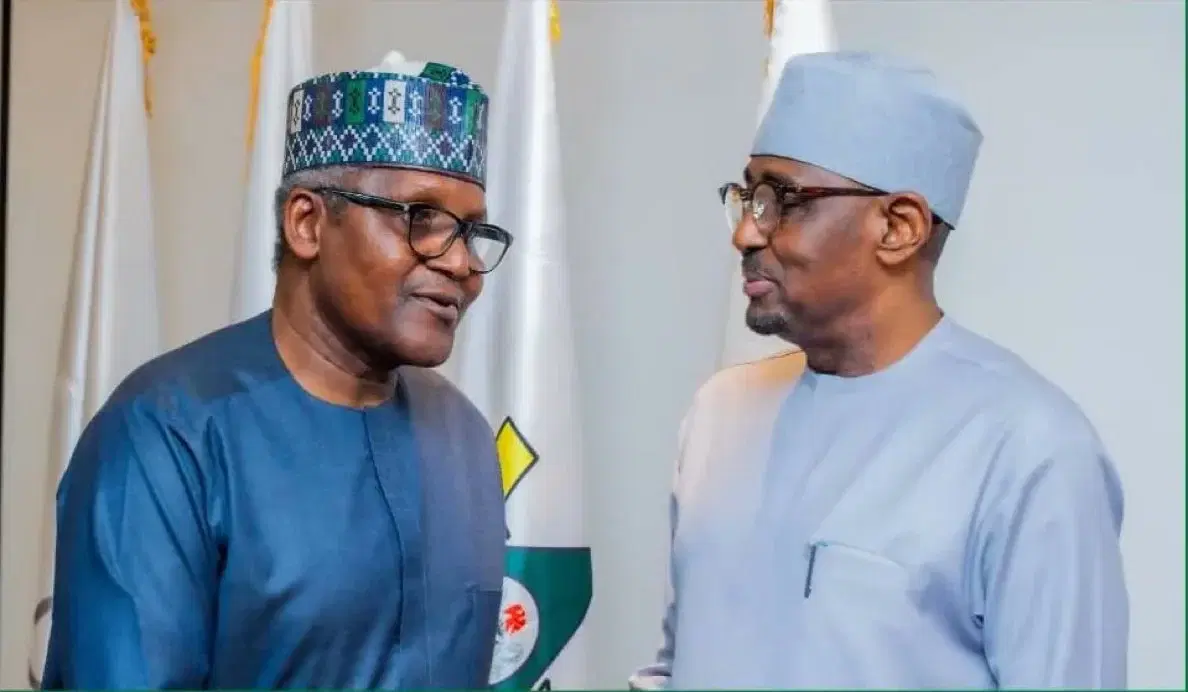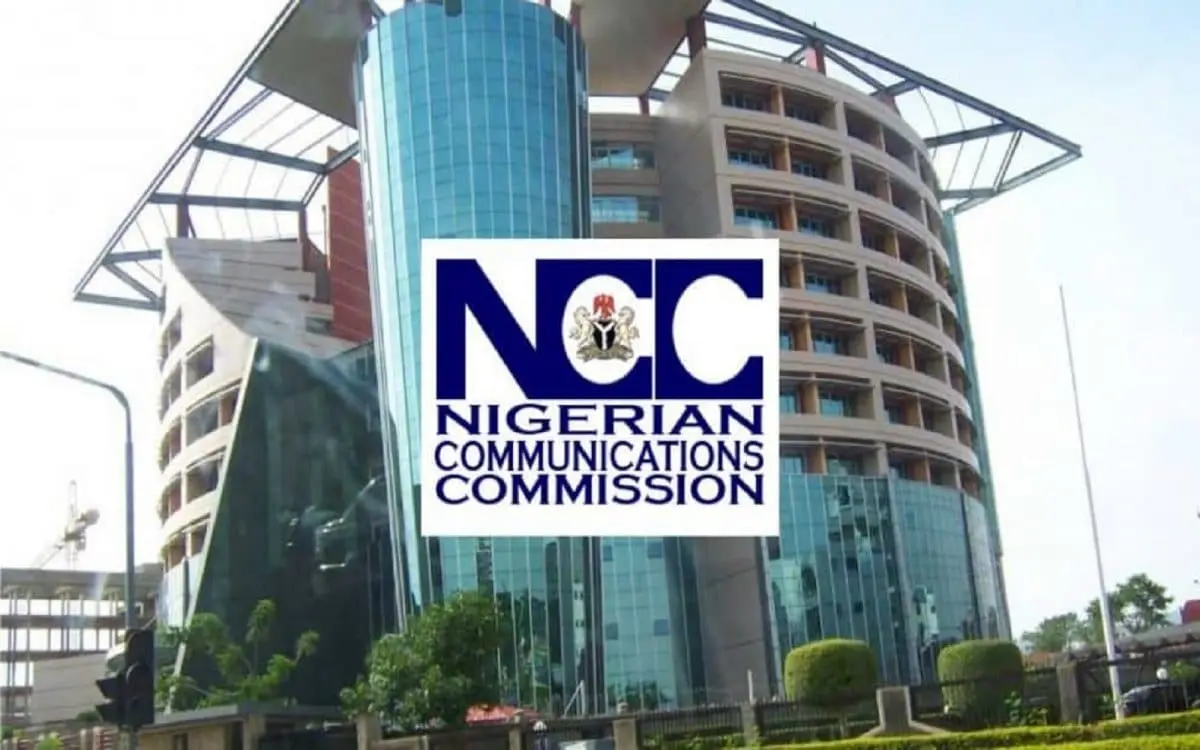GLOBAL ENERGY CRISIS: The Issues, Problems, Prospects & Opportunities in Producing, Distributing and Utilising LPG in Africa and Other Continents
By Michael Kelly
Let me thank the organizers of The Daily Africa Summit for inviting me as Guest speaker. It is always interesting to speak to different types of organizations about what is happening in our industry. The topic – Global Energy Crisis: The Issues, Problems, Prospects & Opportunities in Producing, Distributing and Utilising LPG in Africa and Other Continents – is very timely and topical, particularly because of the amount of growth we are seeing in the Nigerian market in particular over the last two or three years and that growth seems to be accelerating.
Complicated time
Indeed, it is a very exciting time in Nigeria, but it is also quite a complicated time because of developments around the world. I will like to walk you through some of the different challenges that we are facing as an industry. These challenges are not unique to our industry. It is happening to everyone, but it is certainly an uncertain time with a lot of changes and a lot of geo-political upheaval, which I am sure you are all aware of. It is interesting to think about what the implications will be for our industry in developed and developing countries and what we as an organization can do. I will tell you a little about who we are and the problems facing us.
COVID 19
Obviously, one of the most impactful of these events has been the covid-19 pandemic that we seem to be moving away from. Unfortunately, there have been knock-on effects from the Covid-19 pandemic, including a lot of supply chain issues that impact on the global economy. One thing to bear in mind is that the LPG industry was given the right or permission to operate everywhere around the world. I do not know a single market where the government did not grant the LPG industry the right to continue operations even under the most stringent shelter at home orders. Even in Shanghai or recently where they had a very strict lockdown, the industry continued to deliver energy and demonstrated that we are extremely flexible, adaptable, resilient and reliable to count on when there is a crisis. That is something that all of us should be very proud of.
Ukraine-Russian War
One of the big issues I have been asked to touch on is the invasion of Ukraine by Russian forces in February this year. The short-term repercussions on our industry do not seem to be huge because LPG has supply points all over the world. It seems like the world won’t be as impacted as European markets. But one thing we do see is that, there is a scramble in Europe right now before winter to move from natural gas to alternatives, one of which is LPG. What may happen is that as European markets start to shift industrial applications in Germany for example, from natural gas, which was coming in from Russia to LPG, they may start to purchase a lot of the product that was destined for African market and price African market out.
Market forecast
Consequently, there could be that kind of knock-on effect, if consumption in European market starts to spike, which it may do as we hit the winter months in the northern hemisphere. That is something for us to consider. We should also consider the security of supply because the flexibility, ease of transport, ease of storage, all which characteristics make our industry and our product extremely good in this context.
Climate change
Also, we cannot forget about climate change because it is growing in the consciousness of the people. I am sure you are all aware of the Glasgow negotiations, which took place in 2021. As an industry, we have stayed out of this discussion in the past, but now, we are very much involved in the U.N process, representing the interests of the industry.
We have a real good story to tell, propane and butane are not on the list of the Intergovernmental Panel on climate change, which is the scientific body for the United Nations as greenhouse gases whereas methane, natural gas is and that points of combustion of CO2 emissions are relatively low. This is something to think about. I think for this audience and maybe for some questions later is that COP 27 this year will be in Sharm El-Sheikh in Africa.
It’s unclear whether or not there will be a focus on African issues, but it would make a lot of sense to do that. It is an opportunity to highlight some of the challenges that African markets have. A financial crisis seems to be looming with inflation spiking around the world with these supply chain issues emerging from the pandemic that still linger and then a contraction in global markets. The LPG industry recession proof we saw this during the pandemic. There were some markets, including Indonesia with big populations and high penetration. There are also Brazil and India, where people were staying at home and cooking. Our members in those markets had very good years and if we go into financial crisis, there is a chance that our industry will be insulated to a certain extent. I am not sure how that would impact markets, which are more sensitive to global prices like the Nigerian market.
Developing nations, others
It may actually be a negative in the developing countries. Take Sri Lanka with debt crisis and other challenges, including food scarcity as an example. Although it seems like some ships are starting to leave the ports in Ukraine and Odessa, bringing grain and meal to markets that need it, but there seem to be a lot of instability in our future with Sri Lanka being the hamburger for other markets.
This could cause a rise of populism so we see leaders like Donald Trump, Victor Orban, Boris Johnson in the West. It could cause Refugee flows toward Europe and North America as well as increase instability. All these things are happening at the moment in developed countries. You have many policy makers, who have agreed to some very aggressive targets to reduce fossil fuels in their markets and some of them are very realistic. They are the first to admit that and also in the context of what’s happening in Ukraine, this is becoming more pronounced, but this is something that will not go away. So, as an industry, we have to decide how we want to deal with this, how we want to face these challenges in European markets and in the West coast of the United States and in places like New Zealand and Japan.
Investment
There is a lot of investment going into renewable forms of LPG, which will allow our industry to continue to operate in some of these more aggressive markets. So, this is a context and I hope I did not scare the pants off of everyone, but it is a very unsettled geopolitical policy framework, financial picture and the question we should ask ourselves and that I want you to think about as we go through this discussion. Specifically, where does or should LPG fit into and the answer very simple. LPG should fit in everywhere. Everywhere in the world has an LPG market, whether it is very sophisticated or very primitive, it has technology with no intellectual property challenges.
It exists absolutely everywhere, it is a mature market, a mature industry that understands very well how to manage distribution and it is the only fuel that can make energy more efficient and reduce emissions across the globe. So, we like to say that, if you are using LPG in the developing world and moving people from cooking on biomass to cooking on LPG, you are decarbonizing. In the developed world, if you are moving people away from diesel to using LPG, you are decarbonizing. Also, if you are moving people from using fossil LPG to using renewable LPG, you are decarbonizing.
National targets
We can help countries reach their targets no matter what their levels of energy maturity or what development stages they are because LPG is adaptable and flexible. It can be used absolutely everywhere. I am originally from Atlanta Georgia, which is the home of Coca Cola, the headquarters of Coca Cola and we like to say that, LPG can be used anywhere you can get Coca Cola. I think we all know that you can find Coca Cola absolutely everywhere in the planet. So, that kind of flexibility makes LPG a real game changer, particularly in places that are remote or do not have good infrastructure. This was proven during the pandemic and I referenced it in the slide when I was talking about what happened during the COVID-19 pandemic.
This is something which is extremely attractive to policy makers. They know that our industry will continue to deliver, providing energy to end users while at the same time protecting them, our staff and the people that work for the industry. That is extremely important. We are also talking about using LPG with renewable electricity systems.
One of the challenges renewable electricity systems faces is intermittency. So, there are days when there is no sun, there are days when there is no wind because you can store LPG for the long term without any deterioration in the quality of the product. It makes an ideal partner for these kinds of systems, particularly in power generation. This is an area that we are promoting and there is a lot of money going into developing this technology. Obviously, as I mentioned before, renewable LPG bio from Bio-Sources, some of them come from synthetic sources. We lump it all under the umbrella of our LPG, some of it come from municipal waste, but it offers an excellent opportunity to develop a product from different sources and also zero are low carbon or zero carbon product that we can use to position the industry for the future, low-carbon future. This is a message I want to send to you today.
Now, let me inform you about the WLPGA. We are the apex body in the LPG industry. We have over 300 members in 193 countries around the world. So, we essentially span the globe and represent the industry from production through distribution, equipment manufacturing, shipping, and infrastructure all the way down to the end user. Some of our members are multinationals that have operations in many different countries and some of our members are companies that have operations in one country.
We have registered this. So, it is recognized around the world as LPG day. It is a great opportunity to promote the fuel and the industry and the benefits that it provides. We also have an annual event called LPG week. Last year, it took place in Dubai. This year, it will take place in November in New Delhi, India. In 2023, it will take place in Rome and in 2024, we shall be in Cape Town, Africa to mark it and definitely focus on African markets. So, if you are thinking of coming, this is a full week of events that focus on all different aspects and elements of the industry along with an exhibition.
– Being the full presentation on GLOBAL ENERGY CRISIS: The Issues, Problems, Prospects & Opportunities in Producing, Distributing and Utilising LPG in Africa and Other Continents by Mr. Michael Kelly, Chief Advocacy officer & Deputy Managing Director, WLPGA at The Daily Africa Summit on August 5, 2022.








